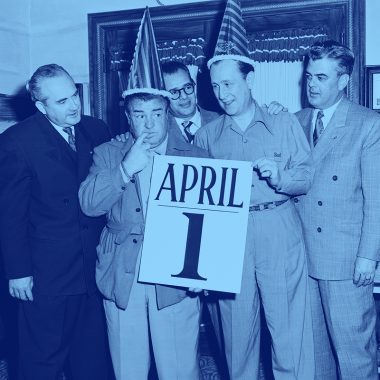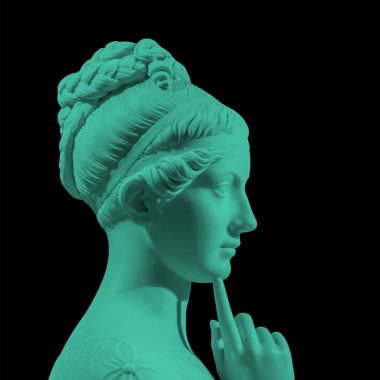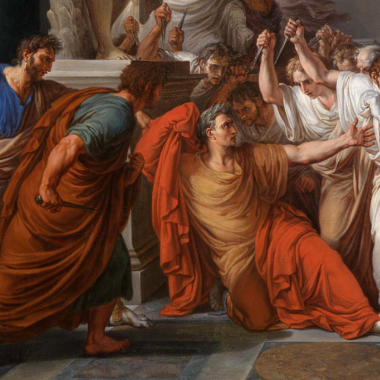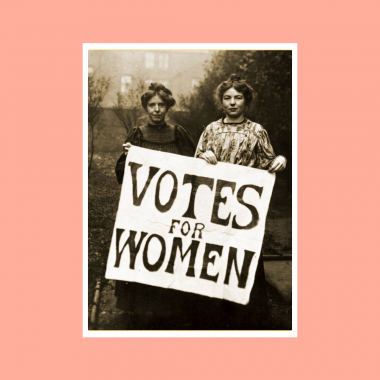Where Did The Tradition Of Giving Apples To Teachers Come From?
By Ashley Austrew, Journalist and Writer There are so many unique ways to show love to teachers, and this year they deserve it more than ever. As we approach Teachers’ Day, which you might also know as National Teachers’ Day or Teacher Appreciation Day, on May 7, you’re probably thinking about what special presents you can give to the educators in your life to celebrate …











